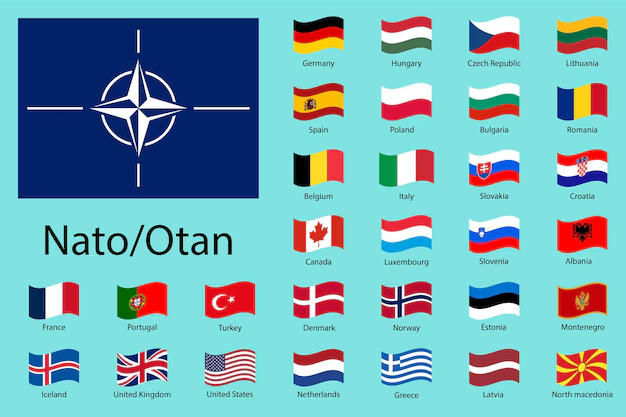NATO Secretary General Mark Rutte is set to deliver a major policy address in London on Monday, calling for a dramatic fourfold increase in the alliance’s air and missile defence capabilities.
His moves come just weeks ahead of a critical NATO summit scheduled for June 24–25 in The Hague, where leaders are expected to redefine the bloc’s strategic priorities in the face of evolving global threats.
In excerpts of his speech released by his office, Rutte will stress that NATO needs nothing short of a “quantum leap” in its collective defence posture.

“The fact is, we need a 400% increase in air and missile defence,” he will say at London’s Chatham House think tank. “We see in Ukraine how Russia delivers terror from above, so we will strengthen the shield that protects our skies.”
Rutte’s appeal is part of a broader push to significantly boost defence investment across NATO member states.
He is urging countries to allocate 3.5% of GDP to direct defence spending, and an additional 1.5% to broader security initiatives—bringing the total to 5% in line with a target championed by U.S. President Donald Trump. While controversial, this figure is quickly becoming a central point of debate among NATO members preparing for the summit.

Last month, Rutte expressed confidence that member states would align around the 5% goal, a dramatic escalation from the alliance’s previous benchmark of 2%.
READ ALSO: Iran Prepares Counter-Proposal to U.S. on Nuclear Deal
The change reflects shifting geopolitical realities, particularly Russia’s continued aggression in Ukraine and its heavy reliance on aerial strikes, which have exposed NATO’s vulnerabilities in missile and air defence systems.

“The fact is, we must have more forces and capabilities to implement our defence plans in full,” Rutte will add, highlighting the urgency of the alliance’s modernization. “The fact is, danger will not disappear even when the war in Ukraine ends.”
Rutte’s message comes amid growing calls—especially from Washington—for Europe to shoulder a greater share of the collective security burden. Trump’s renewed push for a 5% defence target has raised the stakes, placing added pressure on European allies to accelerate military readiness.
Some nations have already responded. The UK has pledged to raise defence spending from 2.3% to 2.5% of GDP by 2027, with an eventual goal of 3%. Germany, meanwhile, has indicated it will need 50,000 to 60,000 additional active troops to meet NATO’s evolving targets, marking one of the largest military expansions in its postwar history.
Discover more from Scoop Hub
Subscribe to get the latest posts sent to your email.

